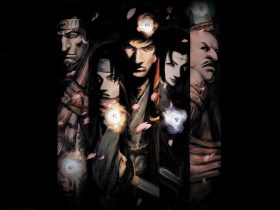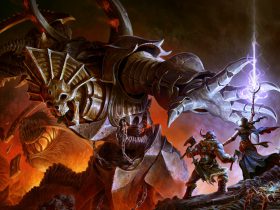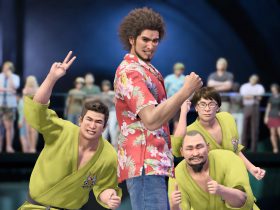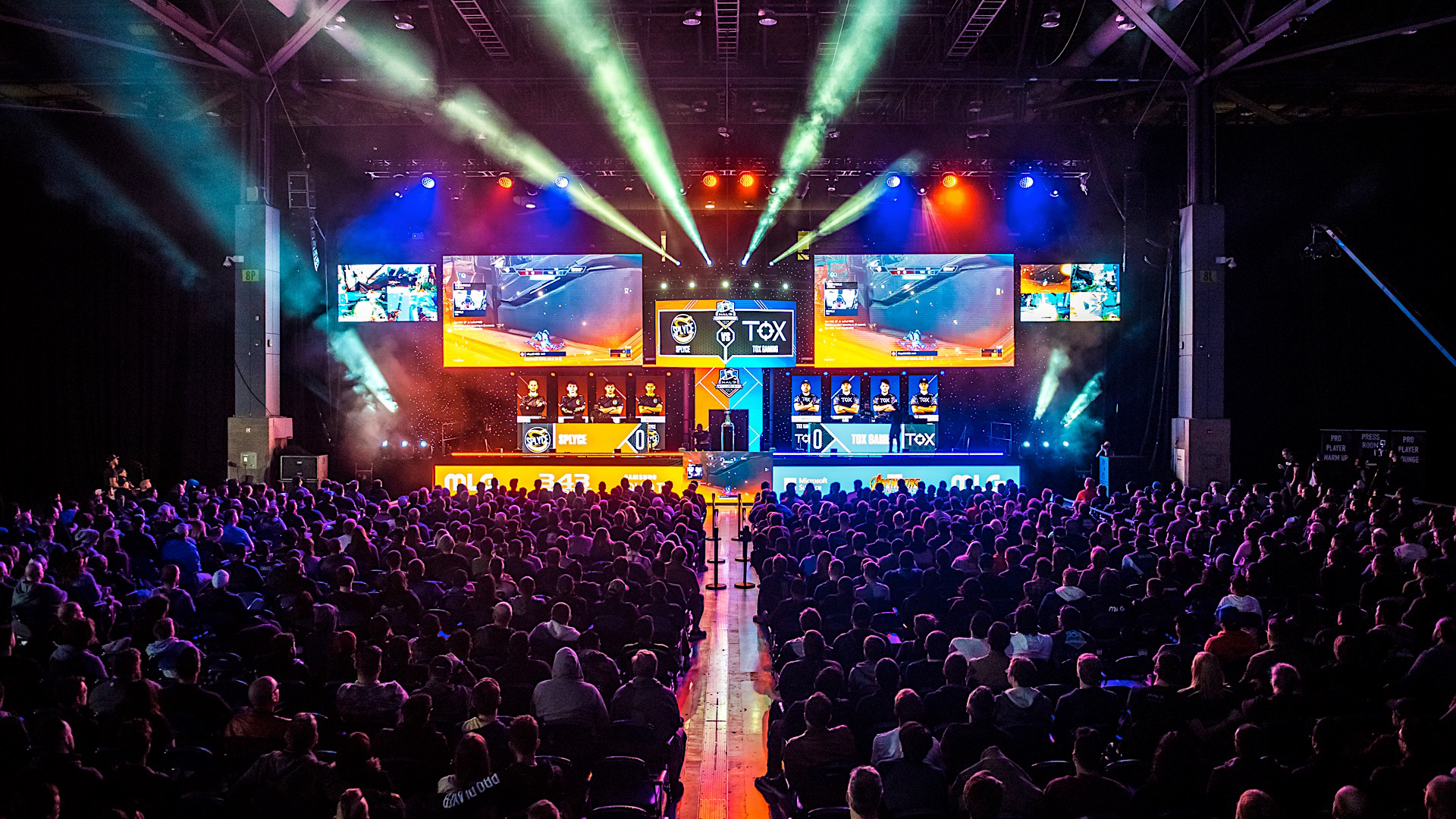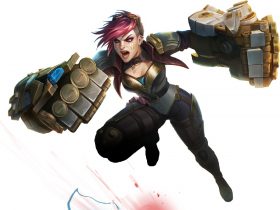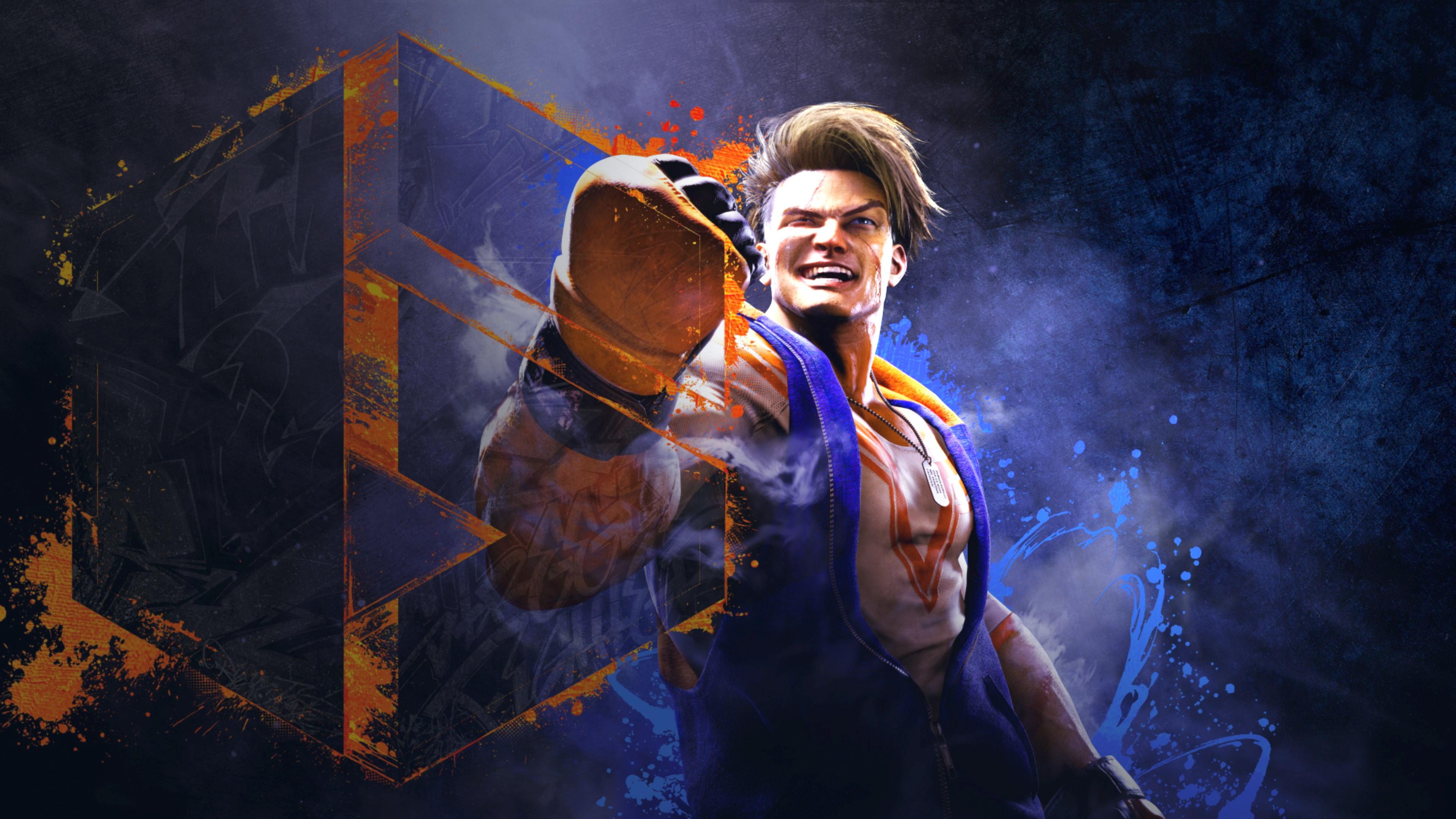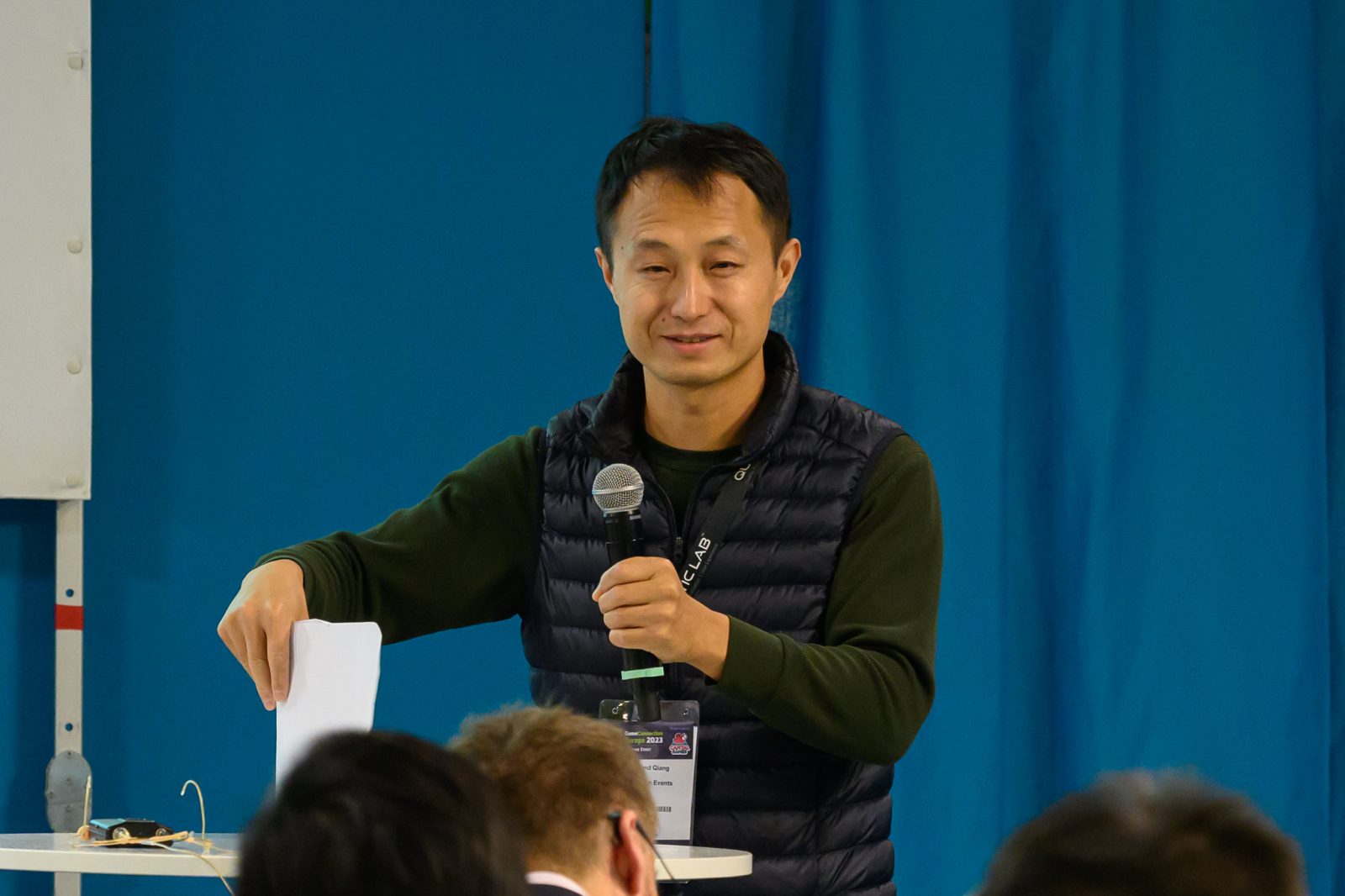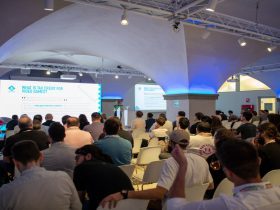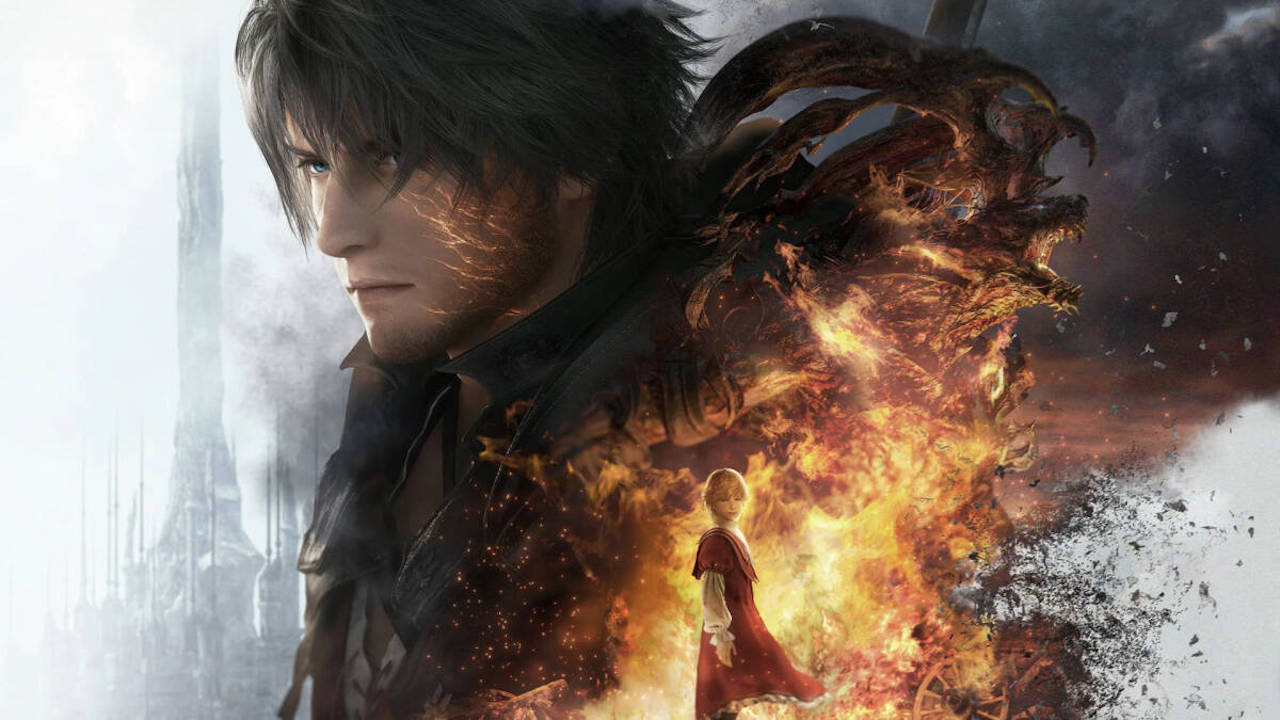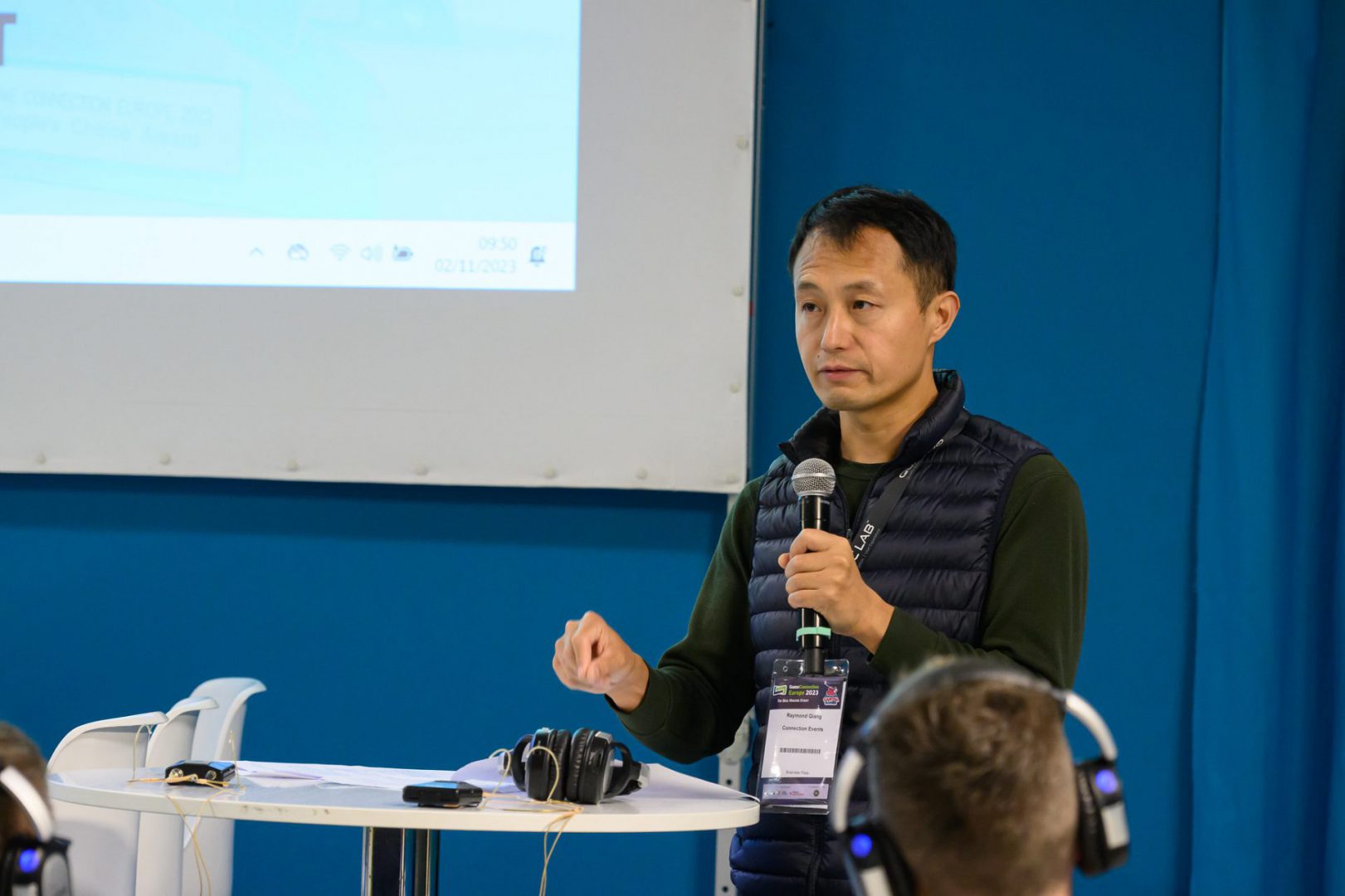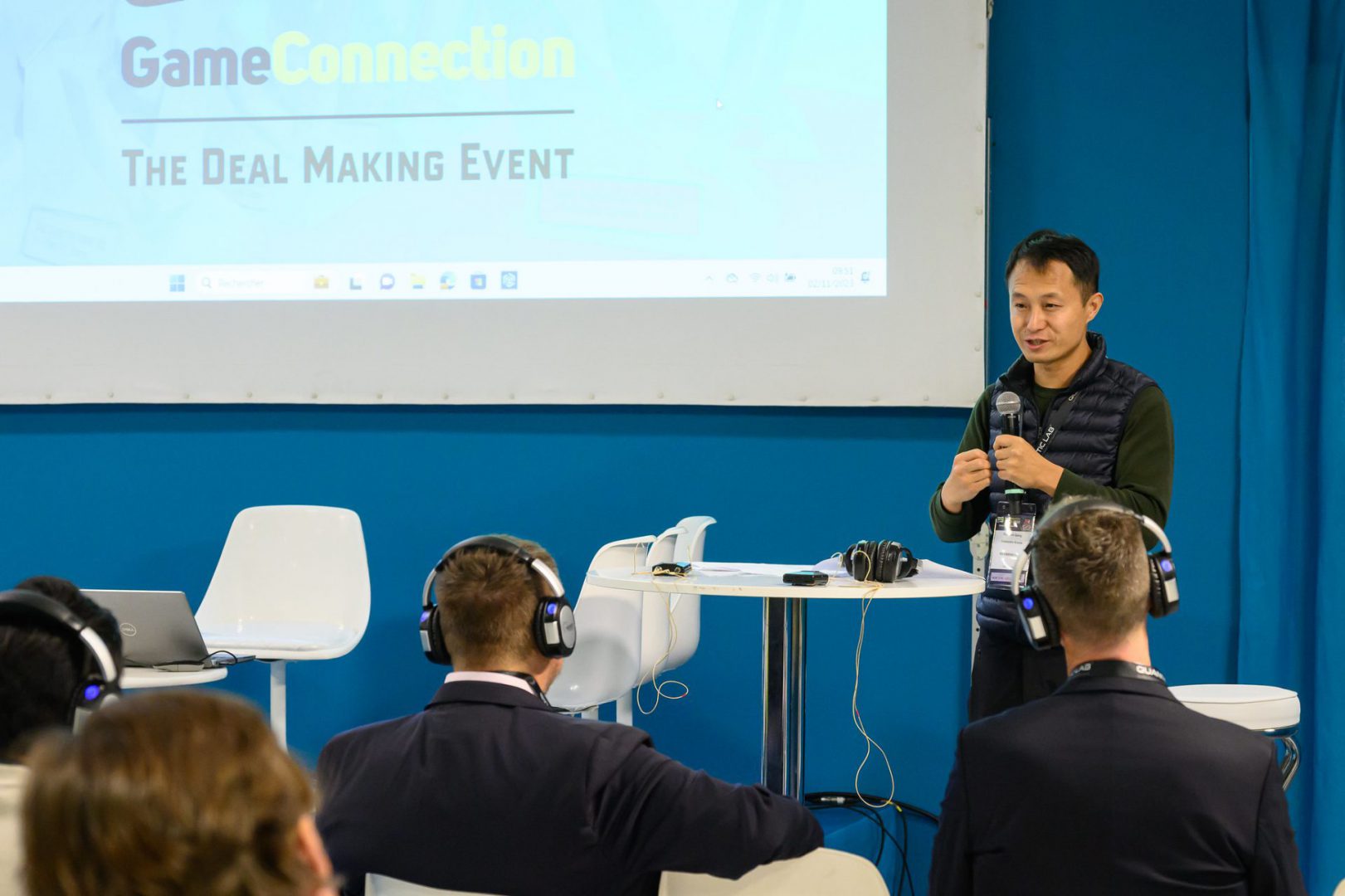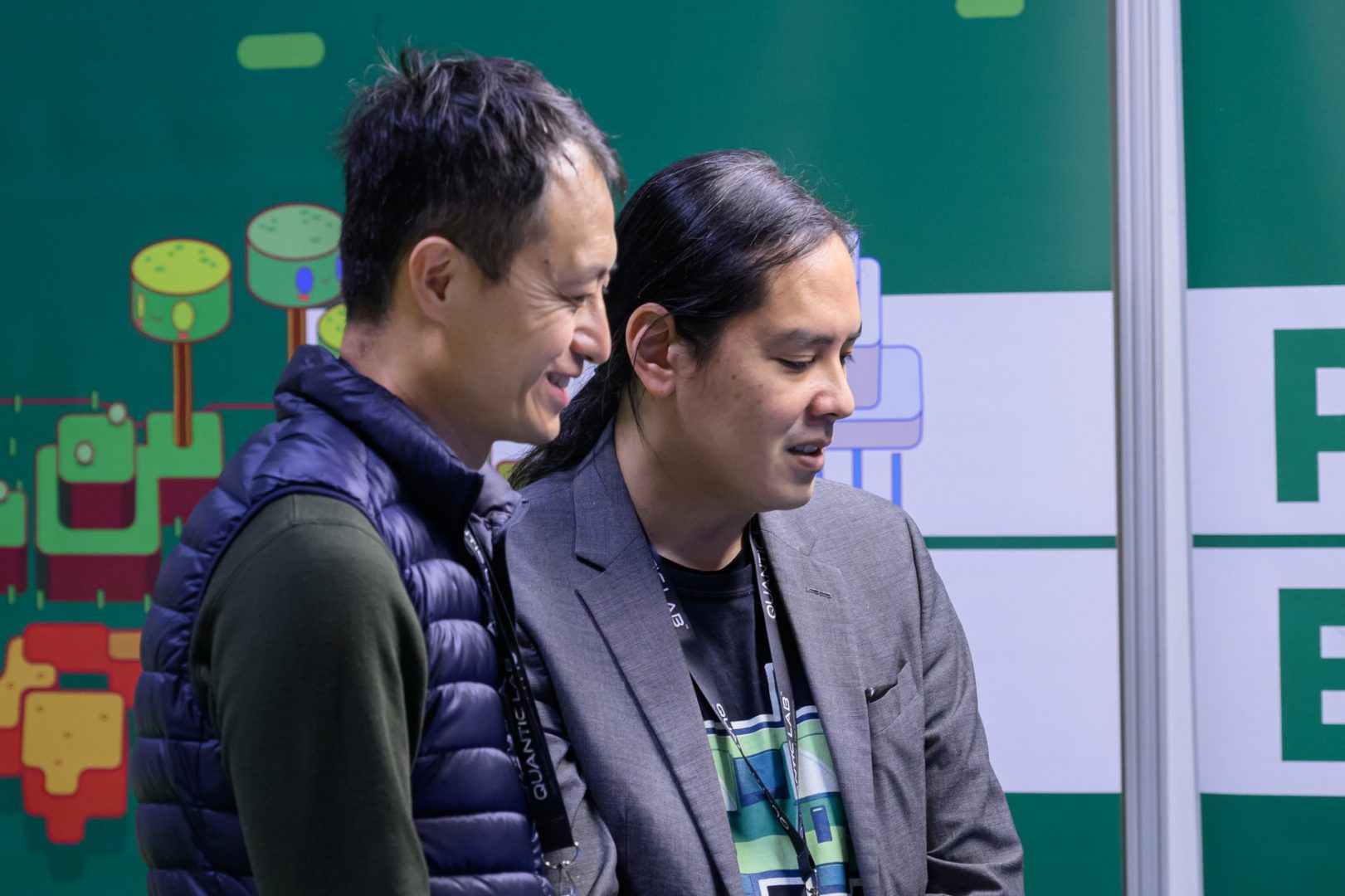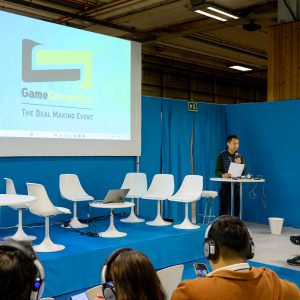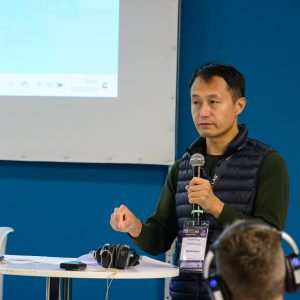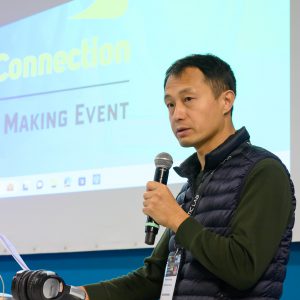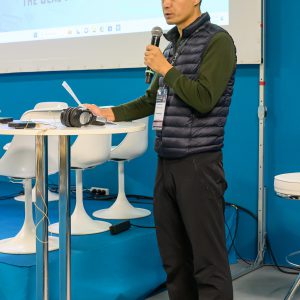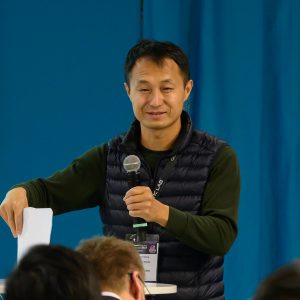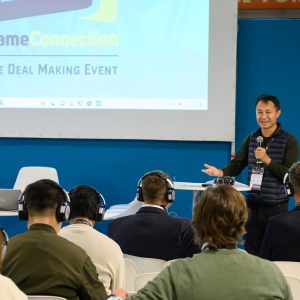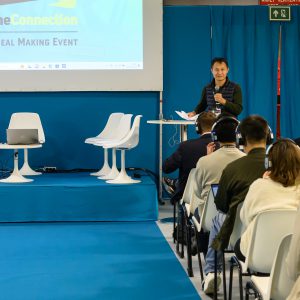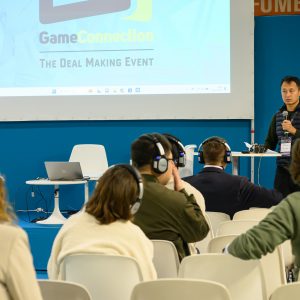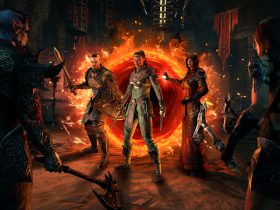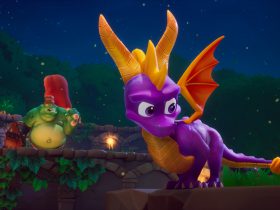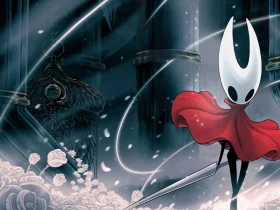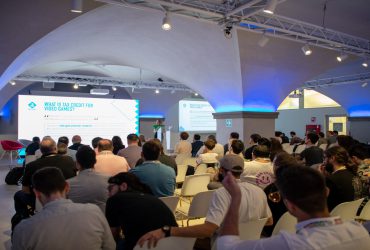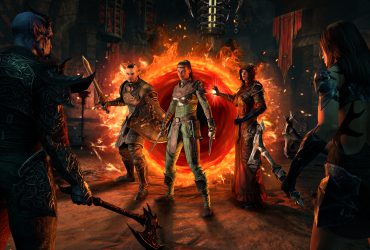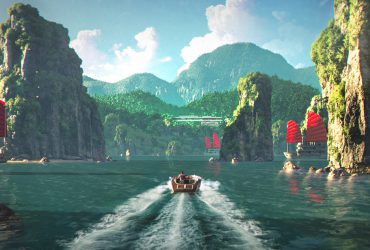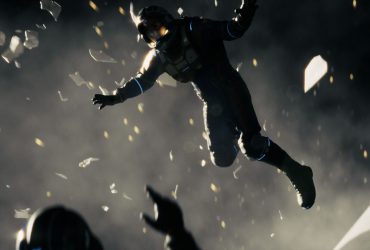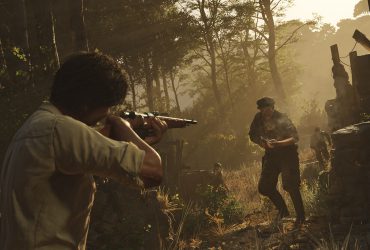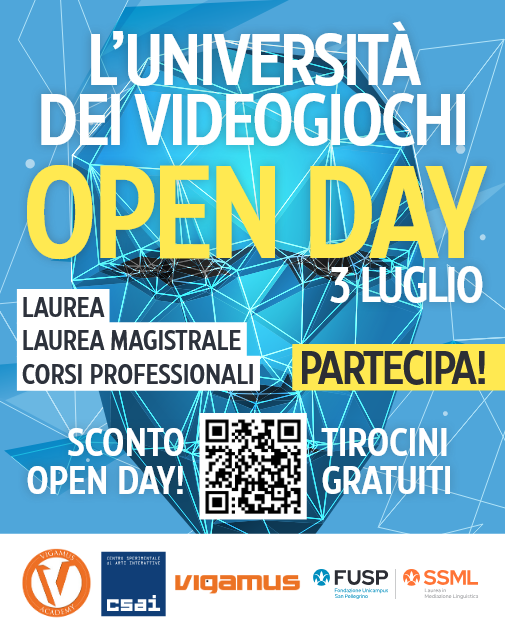This year too we attended Game Connection Europe 2023, an event held in Paris on 2 and 3 November 2023 in conjunction with Paris Games Week. A year later, we once again had the opportunity to speak with Raymond Qiang, the CEO of Game Connection who, as we remind you, purchased the event in 2019, then bringing the event back to the public after the years of pandemic and the impossibility of organizing the whole.
Among the topics of this new interview, we certainly couldn’t avoid talking about the feedback from the past edition of the fair, the metaverse, artificial intelligence and the growth of the industry. Very open to us, Qiang answered our questions by offering us his point of view on all the points touched on.
Marco: You relaunched Game Connection last year, marking the first physical edition after the pandemic, and if I recall correctly, it was your first as the owner of Game Connection. What feedback did you receive from last year’s edition, and what are your goals and targets for this one?
Raymond: In 2019, Game Connection in Paris was a tremendous success. After years of decline, the 2019 edition saw a significant increase in attendance, primarily due to the inclusion of many international participants. However, for nearly three years, the pandemic prevented international attendees from joining us. Fortunately, last year, about 85% of international attendees were able to return to Paris. This led us to believe that each subsequent year would see further improvement. However, things have proven more challenging. In comparison to 2019, the number of attendees for this edition has slightly decreased. While last year’s edition saw an 85% return rate, the 2023 edition has only seen about 75% of participants coming back. As the owner of the event for the past two years, I was quite surprised. After discussions with my colleagues and industry peers, we realized that several factors had changed. First, in the previous year, there was a strong desire to attend after a prolonged halt in business travel due to the pandemic. For this edition, there are still barriers in place, including ongoing conflicts, price increases, and the lasting impact of the pandemic. Just a week ago, a speaker from Israel cited conflict-related issues as the reason for not attending. Two weeks ago, a sponsor from Ukraine also faced travel challenges due to the Ukraine-Russia conflicts. Additionally, some longtime Game Connection attendees have found that increased travel costs make business travel less feasible. The evolving landscape is quite remarkable. Despite financial losses, we are committed to hosting this event because of our passion for Game Connection. We’re determined to break down the barriers that have arisen in recent years and support the industry. We have formulated a plan for the next edition, focusing on making the event more affordable while maintaining its high quality and value to attract attendees from around the world. That is one of our main goals for the coming year.
M: It makes sense for you to do this, especially since you manage a series of different events. This way, you can potentially generate more profit from one event to offset the costs of others, right?
R: Generally speaking, the events industry is facing a challenging situation, and most events have not been able to reach the same attendance numbers as before the pandemic. Many events are operating at a loss, even though they are still taking place. Unfortunately, not everyone is in the same position, as seen with MegaMIGS, which is focusing exclusively on B2B to reduce costs this year.
M: Looking ahead five years, do you think there’s a risk that the traditional model of physical events won’t be profitable anymore, especially with new technologies favoring online platforms, as we saw during the pandemic? Some people are talking about the metaverse as an extension of online models that can replicate events while being cost-effective, thanks to the reduction in logistics for physical events. Personally, I’m skeptical that people would prefer attending a metaverse event over a physical one, but as a businessperson in the events industry, what are your thoughts?
R: I believe it’s a possibility. For this shift to happen successfully, the metaverse event needs to be highly efficient. For instance, Game Connection places a strong emphasis on the B2B aspect, where people meet to establish business relationships, which is a vital part of the event. If this can be replicated efficiently in the metaverse and at a lower cost, I see no reason not to take advantage of this technology. To illustrate, we hosted a party on a boat on the Seine River for all Game Connection attendees, which was fantastic but also very expensive. To reduce costs, we might consider hosting a party in the metaverse next time. Ultimately, it’s still a way to bring people together. In five years, for events like MegaMIGS that are struggling with event revenue, this could be a valid option to survive and continue contributing to the industry. Meeting online is a great way to network within the industry, seize opportunities, and save on certain costs. However, I still believe there is room for physical events, as they bring their own unique value.
M: In a B2B event like this one, featuring many developers, indie developers, and publishers, you gain valuable insights into the international game development scene. During this edition, have you observed any specific trends within the industry, particularly regarding what’s happening in the game scenes?
R: This year, I believe the most significant trend is the widespread adoption of AI. Many aspects of the industry are being transformed by artificial intelligence.
M: That’s interesting, as my next question was about AI! I’m curious about your perspective on the current hot topic: the use of AI in the game industry. Do you see it as a potential risk, something that could lead to job displacement, or do you view it as a positive opportunity for the industry? Many people, especially in creative fields, express concerns about AI.
R: I think AI is inevitable, and we need to be prepared for its integration. Just as I was told in middle school that the internet was coming, and we needed to learn skills like English, basic programming, and how to use the internet effectively, AI will soon become an everyday part of our lives, both professionally and personally. We just need to learn how to harness it for the best results.
M: We’ve spoken with many game artists, including concept artists and character artists, who are worried that AI may be taking over their work by generating art based on their references.
R: The art creation process is evolving. While AI may draw inspiration from their work, artists can also leverage this technology for inspiration.
M: In the end, it’s not so different from the debate over using photobashing in art.
R: Exactly, it’s all about how references are used. AI can be considered a production assistant for your artwork. Nevertheless, I believe that the art created by human artists will always be distinct from what AI can generate, and they cannot and will not be replaced.
M: My final question is somewhat political. We are witnessing a changing world where we are moving towards a multipolar global order, with several influential countries, each independent and capable of shaping the global landscape. I’m referring to countries like China, Russia, the USA, those in the Middle East, Brazil, and India. This diversity is a far cry from the past when the USA and Japan dominated the video game industry in the 80s and 90s. How do you think these global shifts will affect the video game industry, if at all?
R: In my view, the world remains interconnected, especially from a business perspective, where companies are investing in foreign ventures. Connections between countries are essential for their growth. Establishing connections involves bi-directional conversations, interactions, deal-making, and collaborative problem-solving, ultimately creating value for one another. The gaming industry is no different. Whether you’re from Italy or China, we can work together to bring value to the industry, just like any other country.
M: I appreciate your optimistic perspective, which is crucial for fostering the growth and value of the industry and contributing to a better world. Your outlook aligns with the essence of Game Connection, which is all about bringing people together. Collaboration equals growth, a simple yet profound concept, especially in light of the conflicts occurring around the world. It’s vital to emphasize the importance of staying connected. As we wrap up, I’d like to share a brief story. We established VIGAMUS, the video game museum in Rome, which celebrated its 11th anniversary this year. We were among the founders of the European Federation of Game Archives Museums and Preservation Projects (EFGAMP). Within the Federation, we have a Russian museum dedicated to Soviet Arcade Games. This year, a board member of the Federation from Europe suggested excluding the Russian museum because they did not want a Russian representative. I was quite shocked because EFGAMP is all about games, and we’re all preserving and sharing a common passion. Fortunately, we managed to keep the Russian museum within the Federation, but it was a saddening incident. If such political sentiments creep into our industry, it’s a negative development. I also believe it’s detrimental if Russian companies are unable to participate in your events.
R: Indeed, we have an open-door policy and we don’t judge. Industry and Game Connection are platforms to connect people. I’ll be happy to visit your museum when I have the opportunity to travel to Rome!
M: I know you’re passionate about retro games! I am too. I also teach History of Interactive Works at the university! Can you tell us three classic retro games that have captivated you?
R: There are many, it’s a really difficult question! In 1989, when I was six years old, my father bought me the Nintendo Famicom, and well, it still works after all this time. One is definitely Contra by Konami, one of my all-time favorites.
M: Ah, really difficult! That’s great!
R: The second one is Green Beret, Rush’n Attack, really awesome! And the third one is difficult, there are so many… I would say Cadillac and Dinosaurs.
M: Really good taste! It’s a classic! I spent all my money on arcade games back then!
R: And also Metal Slug.
M: We have it at the museum, in our museum in Rome. You have to come and visit us.
R: Absolutely!



